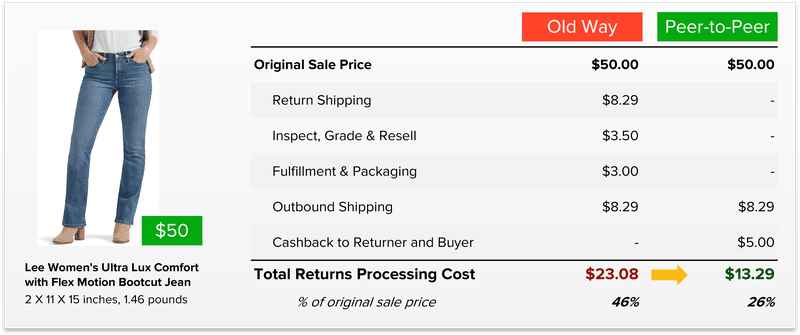How US Sellers Can Thrive Against Global Competition

Last updated on March 14, 2025

In this article
 3 minutes
3 minutes
The ecommerce industry has experienced a dramatic shift in recent years, with global Sellers gaining direct access to U.S. consumers. Platforms like Amazon, Temu, and Shein have made it easier than ever for international merchants, particularly those based in China, to reach American shoppers with competitively priced products. At the same time, social media trends such as the “Amazon Haul” phenomenon have fueled consumer demand for affordable and trendy products, often sourced from overseas suppliers.
This global competition presents both challenges and opportunities for U.S.-based Sellers. While international merchants benefit from cost-efficient manufacturing and logistics, American businesses can still thrive by leveraging their strengths such as superior customer service, branding, and localized marketing strategies. By understanding the changing dynamics of ecommerce and implementing smart business tactics, domestic Sellers can remain competitive and grow their market share.
Understanding the Competitive Landscape
Historically, American retailers sourced products through distributors and wholesalers, often relying on Chinese manufacturers for affordable goods. However, the rise of ecommerce platforms has eliminated many middlemen, (a phenomenon known as disintermediation), allowing manufacturers and Sellers from China to sell directly to U.S. consumers at lower prices.
A study by Marketplace Pulse found that in five major European Amazon marketplaces (Spain, France, Italy, the UK, and Germany), 41% of Sellers were based in China. In a different study by the same source, China-based sellers were found to represent nearly 50% of the top 10,000 Sellers on Amazon in the U.S. Additionally, upwards of 95% of Chinese Sellers use Fulfillment by Amazon (FBA) depending on the product category, ensuring fast and reliable shipping that levels the playing field with domestic merchants.
Despite these challenges, U.S. Sellers have unique advantages that can help them stand out in an increasingly competitive marketplace. Here’s how:
1. Competing with More Than Just Price
While low prices can attract customers, American consumers also value quality, trust, and customer service. Sellers who prioritize superior product quality, hassle-free returns, and excellent customer support can differentiate themselves from international competitors.
2. Leveraging Branding and Storytelling
Companies like Shein and Temu rely on aggressive digital marketing to promote their ultra-low-cost products. However, many consumers also seek brands that offer authenticity, transparency, and ethical sourcing. U.S. Sellers can build brand loyalty by emphasizing their company’s values, quality control, and customer engagement strategies.
3. Smart Marketing and Customer Engagement
Establishing an independent website allows Sellers to cultivate their own customer base rather than relying solely on third-party marketplaces. Targeted digital marketing, social media engagement, and partnerships with influencers can help businesses create a loyal audience and drive repeat sales.
4. Supply Chain Optimization
Efficiency in sourcing and logistics is crucial to competing with global Sellers. By improving demand forecasting, negotiating better supplier agreements, and optimizing shipping and fulfillment strategies, domestic Sellers can lower costs and improve profit margins.
5. Expanding Product Categories and Sales Channels
Instead of competing head-to-head in oversaturated categories, Sellers can explore niche markets with consistent demand. Additionally, diversifying sales across platforms like Walmart, eBay, and Shopify reduces dependence on Amazon and creates new revenue streams.
Thriving in a Global Ecommerce Market
The increasing presence of global Sellers on platforms like Amazon, Shein, and Temu has reshaped ecommerce, but it does not mean U.S. businesses cannot compete. By focusing on quality, branding, smart marketing, and operational efficiency, American Sellers can carve out a strong position in the marketplace. Success in ecommerce is not just about offering the lowest price—it’s about providing value, building customer trust, and adapting to an ever-changing digital retail environment.

Up to 64% Lower Returns Processing Cost


